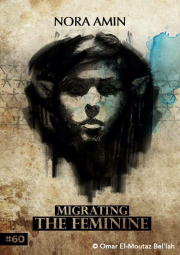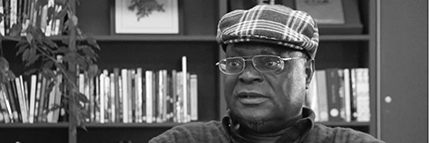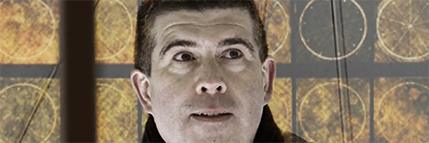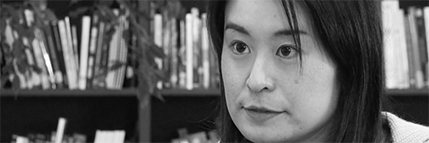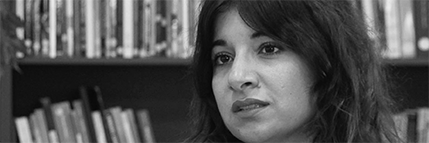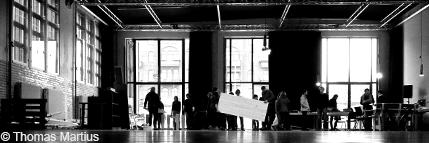
In this interview, IRC-Fellow Narges Hashempour, Iranian scholar, actress, director, writer, curator and dramaturge, talks about her connection to German theater and her first works as a director in Germany, introducing her comprehensive theater project
Unwritten Whisper. She speaks about the role of women artists in Iran and the issues of gender in her own work. Explaining her motivation to expand her artistic work by a more academic dimension, she discusses the themes of her ph.d.-thesis on Iranian theater culture and gender performance. Pointing out the challenges caused by the mixing of her academic and her artistic work and by her cultural background, Narges Hashempour gives a thoughtful and differentiated insight into Iranian culture characterizing it as living "in-betweenness".

 In this interview, IRC-Fellow Narges Hashempour, Iranian scholar, actress, director, writer, curator and dramaturge, talks about her connection to German theater and her first works as a director in Germany, introducing her comprehensive theater project Unwritten Whisper. She speaks about the role of women artists in Iran and the issues of gender in her own work. Explaining her motivation to expand her artistic work by a more academic dimension, she discusses the themes of her ph.d.-thesis on Iranian theater culture and gender performance. Pointing out the challenges caused by the mixing of her academic and her artistic work and by her cultural background, Narges Hashempour gives a thoughtful and differentiated insight into Iranian culture characterizing it as living "in-betweenness".
In this interview, IRC-Fellow Narges Hashempour, Iranian scholar, actress, director, writer, curator and dramaturge, talks about her connection to German theater and her first works as a director in Germany, introducing her comprehensive theater project Unwritten Whisper. She speaks about the role of women artists in Iran and the issues of gender in her own work. Explaining her motivation to expand her artistic work by a more academic dimension, she discusses the themes of her ph.d.-thesis on Iranian theater culture and gender performance. Pointing out the challenges caused by the mixing of her academic and her artistic work and by her cultural background, Narges Hashempour gives a thoughtful and differentiated insight into Iranian culture characterizing it as living "in-betweenness". 








